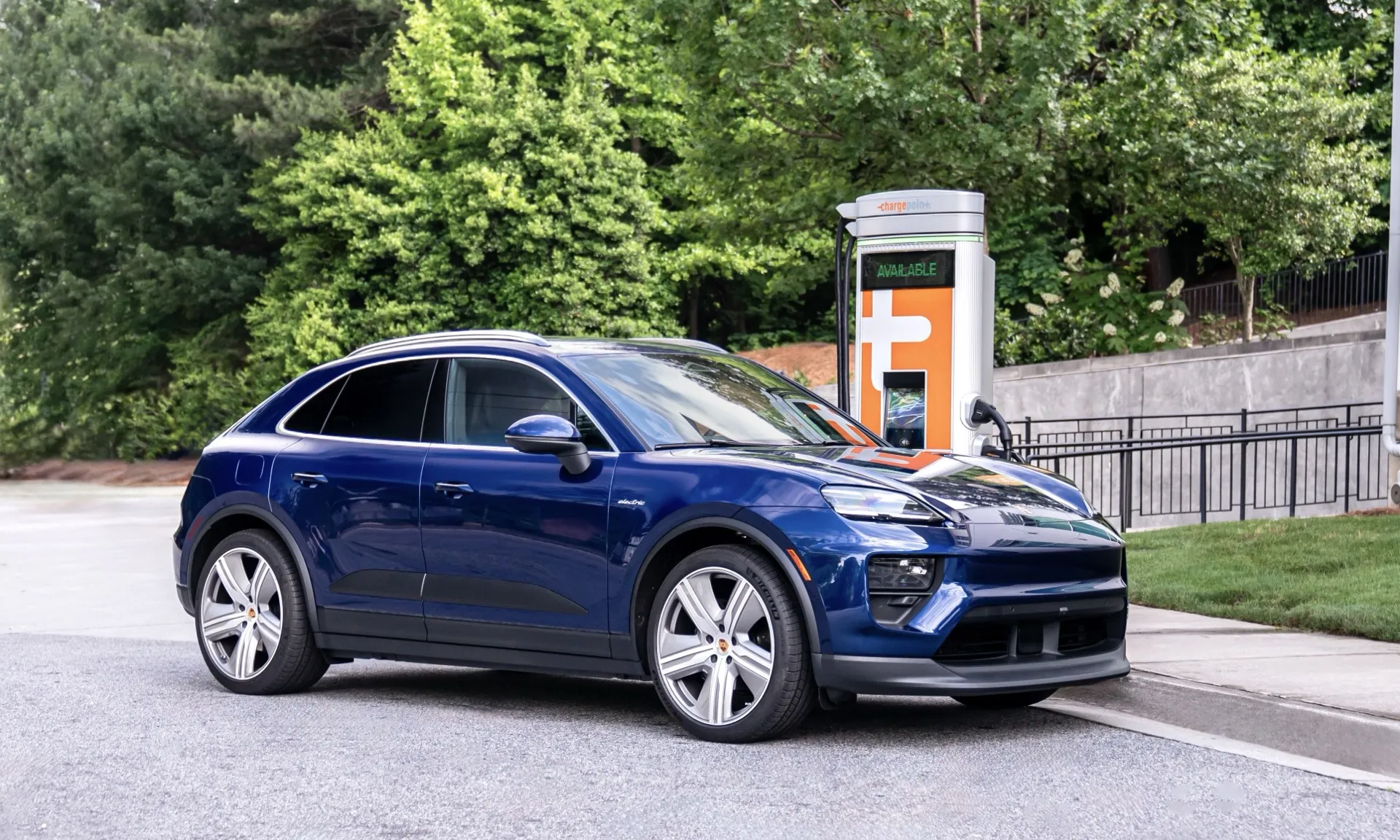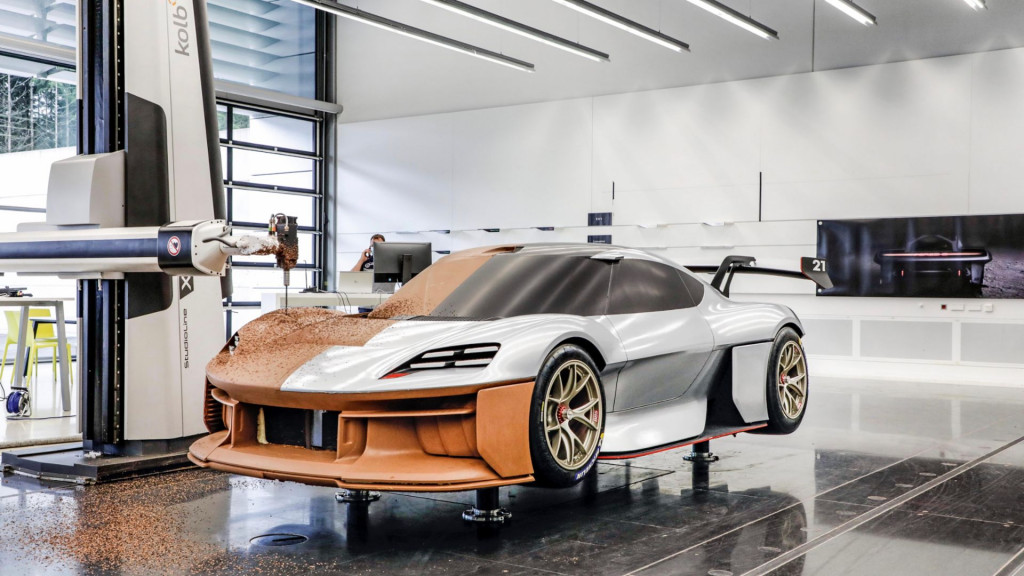

Porsche’s gas-powered era begins to end in 2026
A Reuters report confirms the decision, which has been widely anticipated as Porsche has introduced and updated key vehicles in its electric-car product plan, including the electric Taycan sedan and the upcoming Macan EV electric SUV.
The rate of EV adoption has slowed in many global markets, but as Porsche board member Albrecht Reimold told Automobilwoche magazine, vehicles such as its gas-powered Macan have reached the end of their planned life cycles.
While the fossil-fuel Macan has already been dropped from Porsche’s European lineup, sales continue in markets where it remains a bestseller—the U.S. included.
Reimold confirmed to the magazine that the gas versions of the smaller 718 sports cars would end production in 2025. Electric versions of those vehicles should emerge by the end of 2024, with sales expected to begin late in 2025. The sports-car EV duo may be designed around a battery pack arranged down the center of the vehicle for optimal weight distribution—like Porsche’s Mission R concept, which offered a dual-motor all-wheel-drive system.

Porsche Mission R development
Porsche is moving quickly into EVs, thanks to lessons learned from its Taycan sedan. The 2025 Taycan has just received a thorough update, one which has boosted its overall driving range by up to 35%.
The Macan Electric, coming to the U.S. this fall, will be Porsche’s first vehicle on the new PPE (Premium Platform Electric) architecture that it shares with the Audi Q6 E-Tron and A6 E-Tron. Integral to the new vehicle are features shared with the Taycan, including 270-kw maximum fast-charging and so-called “bank charging” which divides the 800-volt battery pack into two 400-volt sub-packs which can charge in parallel. Porsche claims the entire 100-kwh pack will then, as a result, be able to recharge from 10% to 80% in 22 minutes—or add more than 60 miles of range in four minutes.
Add a comment Cancel reply
Related posts


Electric SUVs: Top 6 Models for Family Trips











